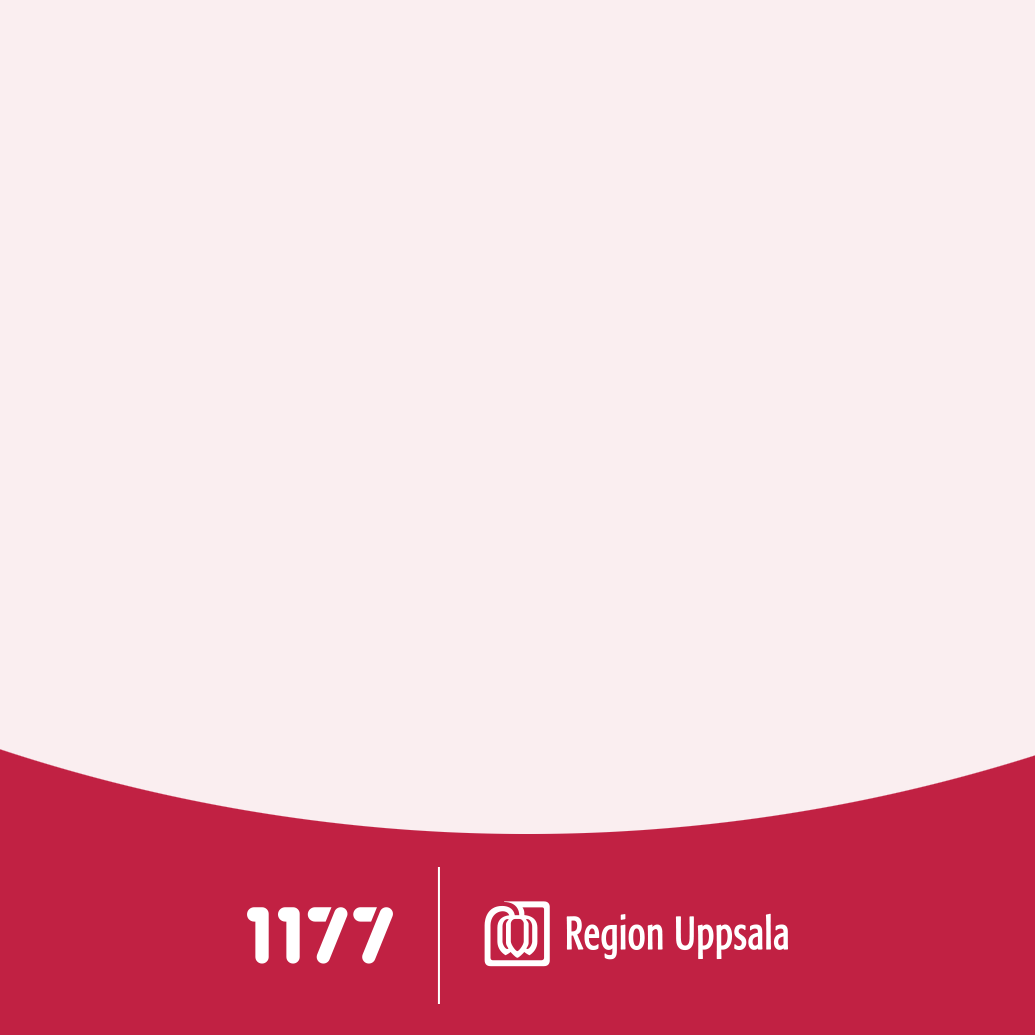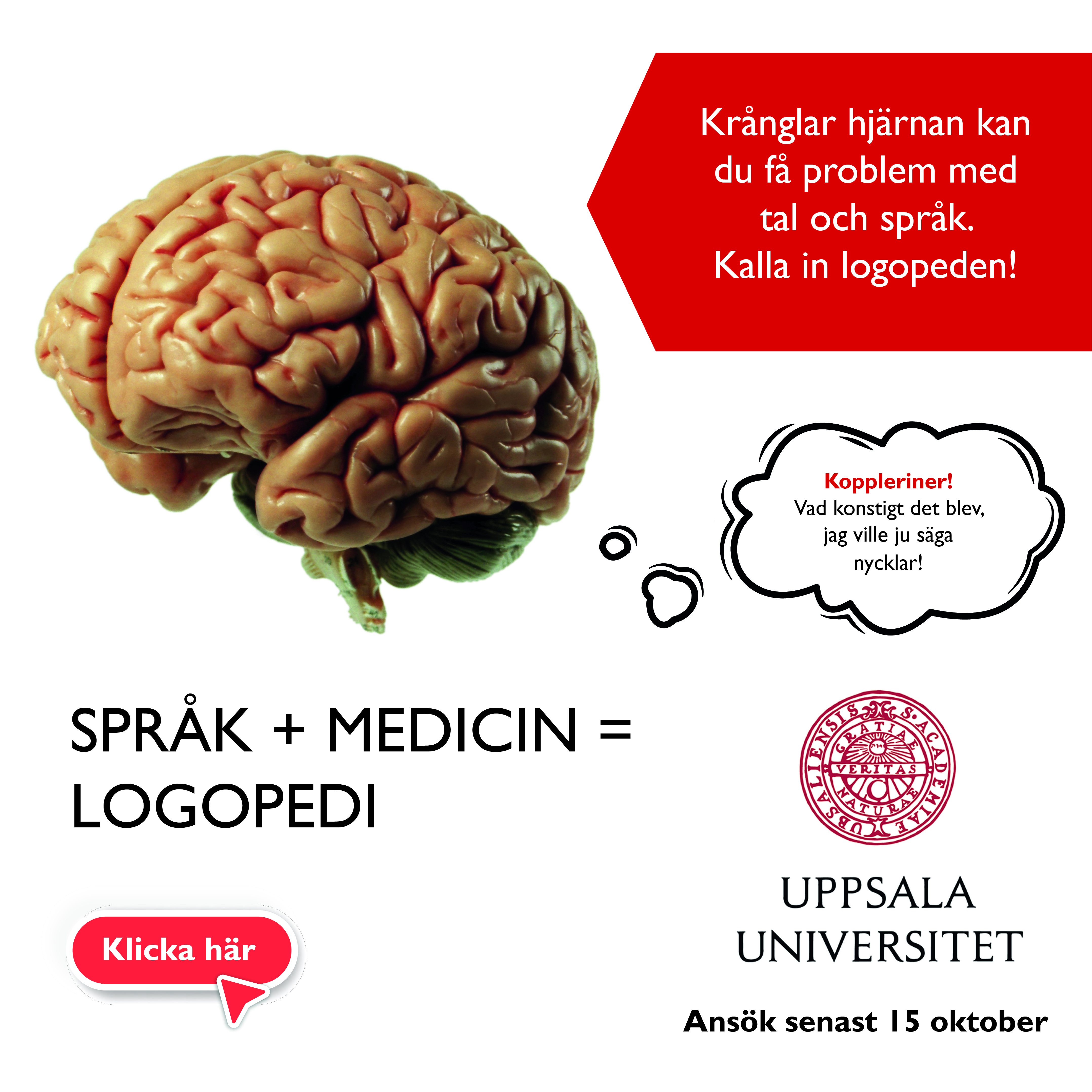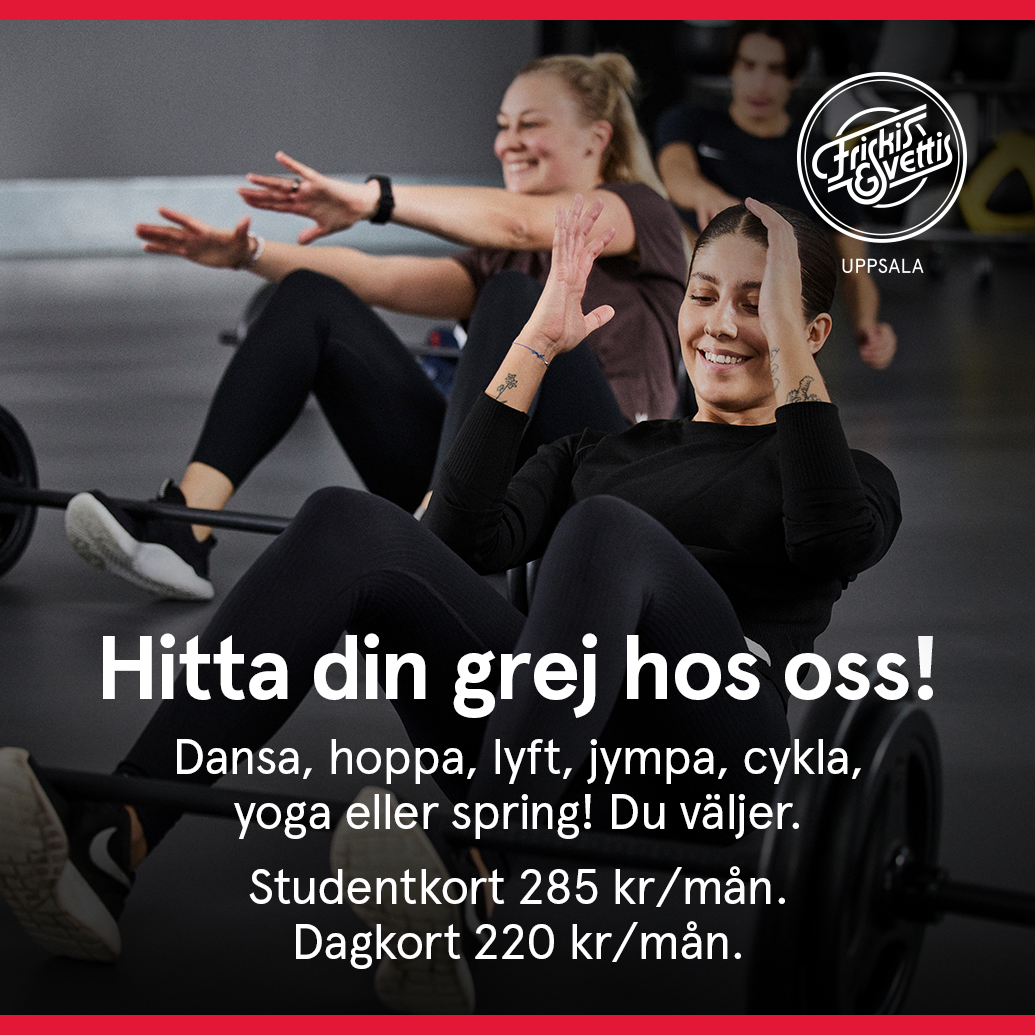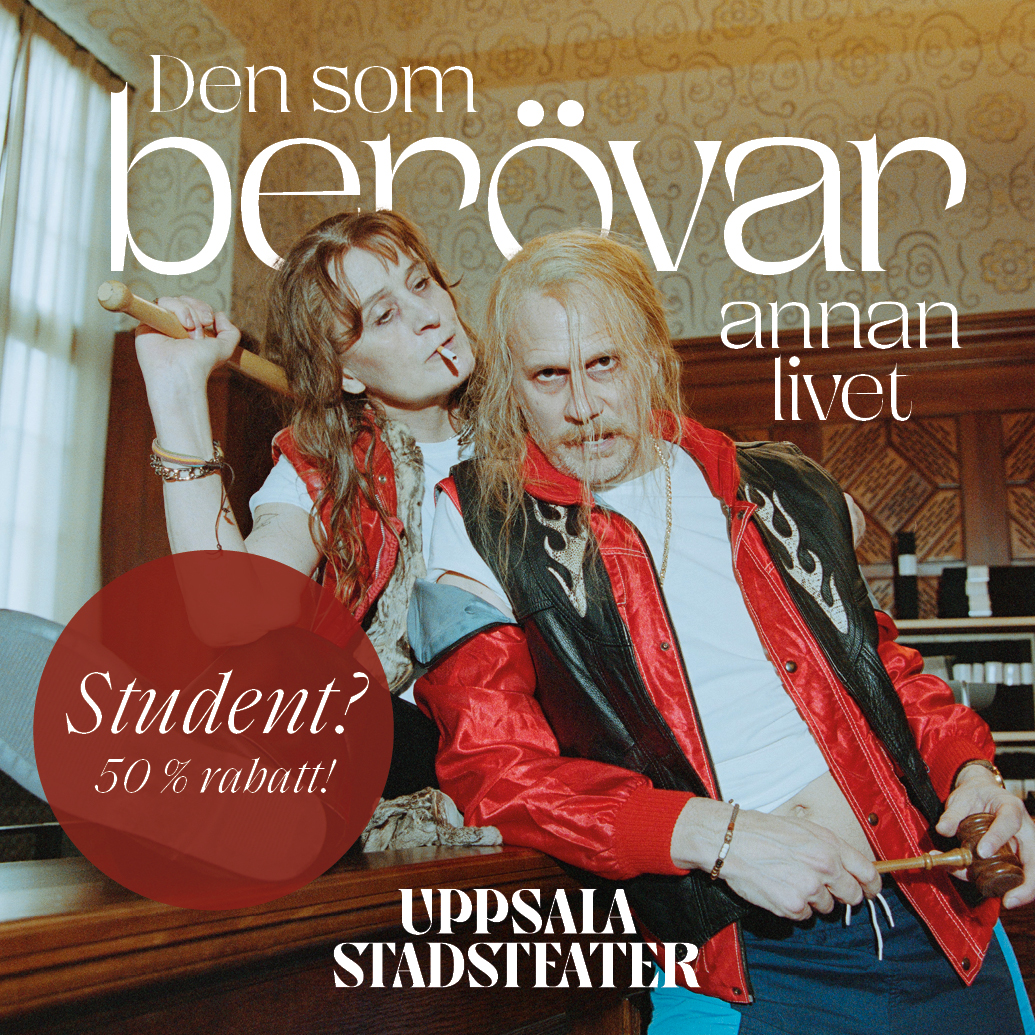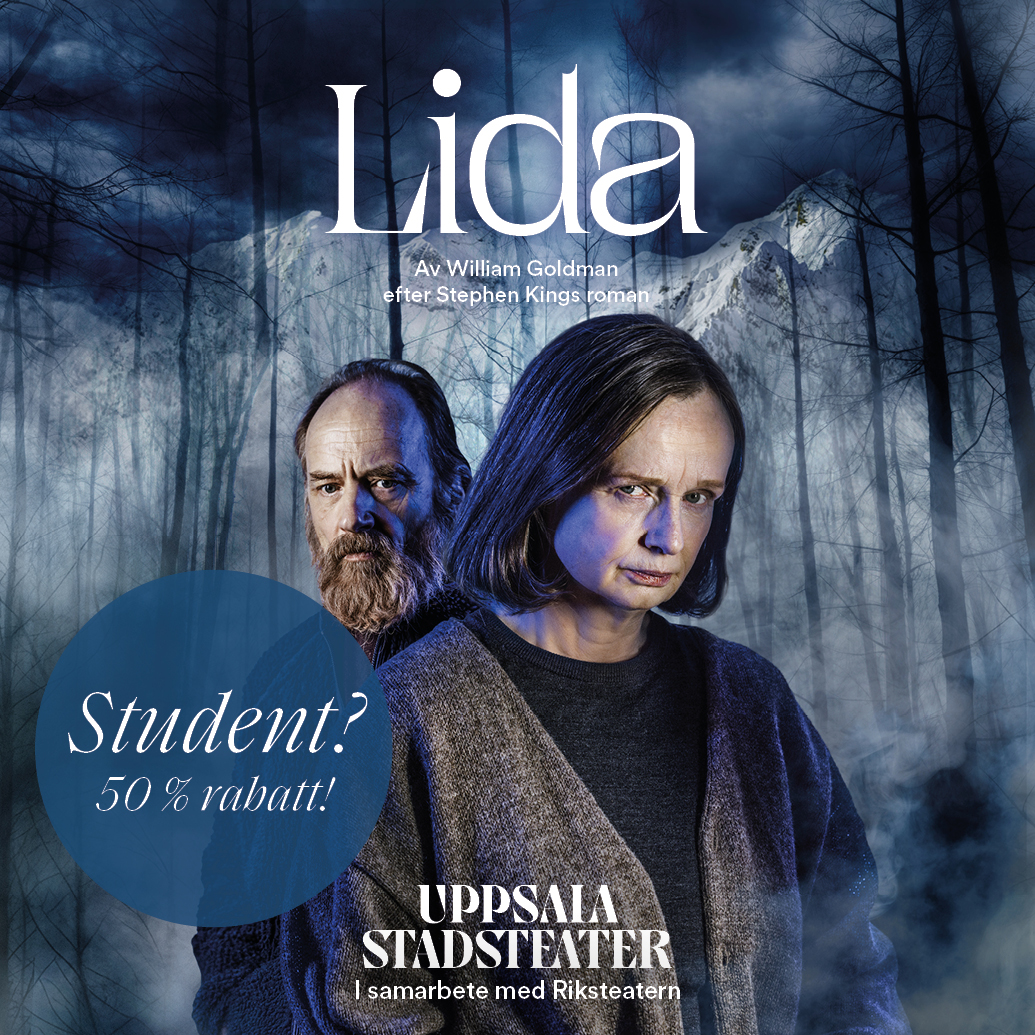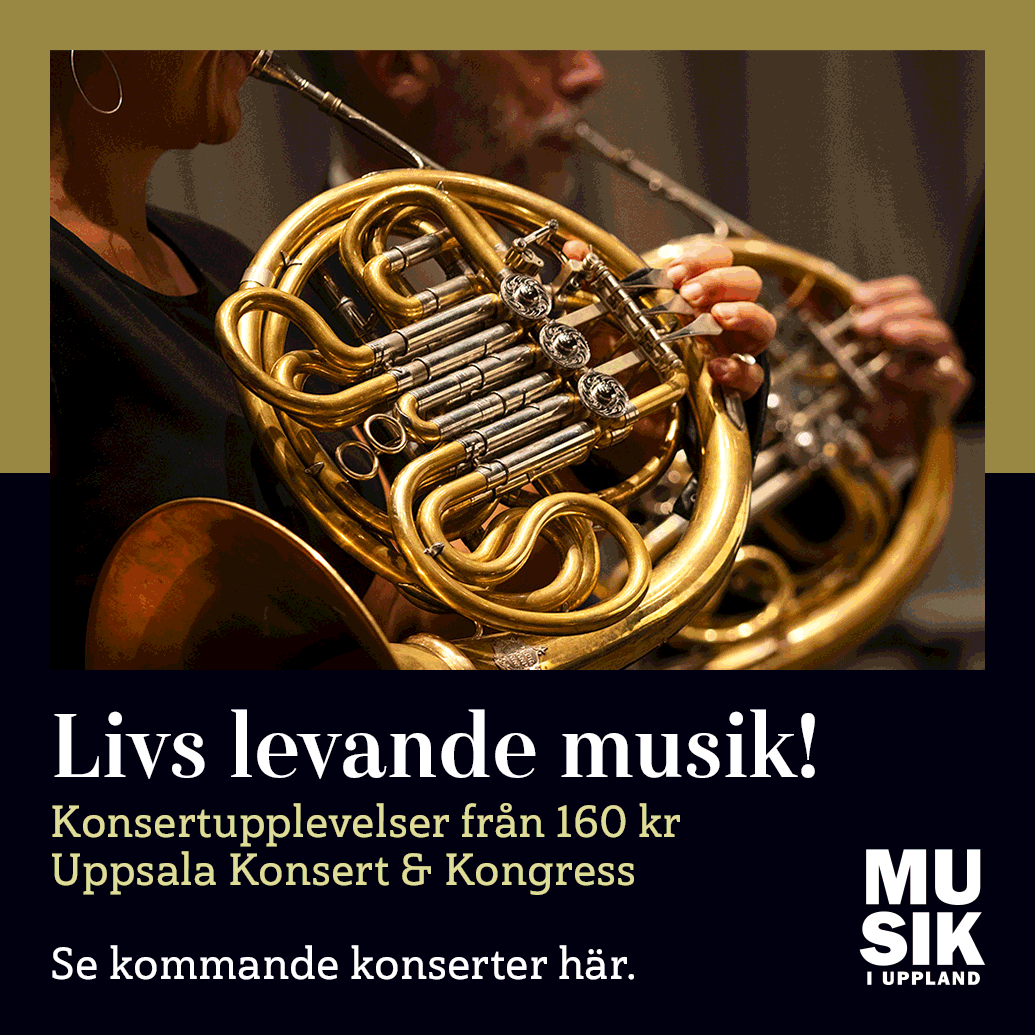
Come a Little Closer
Years ago, on a short trip to a glistening northern Polish city, a little green parakeet picked out a card especially for me from a wooden box, a message from the future. It cost two Polish zloty to have the fidgety bird drop the chosen blood red card into my hand. It was difficult to hide a bemused smile as I unfolded it. Apparently I was well on my way to a bright era ahead – marrying a man named Walter and having six children; after the third Walter and I would mysteriously fall into a lot of money.
At the end of it all, my house would be inhabited by a great number of relatives and I’d depart the earth at 87. I pursed my lips at the unfocused green bird, unsure if I even wanted to be around that long. 80 or 81 seemed alright, not longer; the notion of hobbling around at 87 made me balk. What an old gripe I’d be. The birds darted their silly heads from point to point; it occurred to me that if I was a superstitious type, perhaps it’d be worth it to be happy for once. That was the first time I made a conscious effort to content myself with life.
In my new home in Sweden, I drank as much wine as possible (I was calm with wine, confident, and maybe even chatty) and slept in, making up missed lectures via PDF, grimacing my way through seminars. I met plenty of people and smiled for them all, but at the end of a day or night all I longed for was solace. I told my family back home that I was fine, I’m doing just wonderfully. I think they believed it, too. I missed them terribly, but on the other hand I didn’t miss them at all. There was very little I pined for, except perhaps for the light feeling of my first summer in Sweden and ridiculous laughter with my little sister for our 13 years together in the same house. That’s right, I spent the first 20 years of my life in another country entirely.
Through the years (that I can still count on one hand) which followed my arrival here, I started to feel less like the 44 kilogram ghost of Uppsala, lightly traipsing every street and examining every building from a mixture of curiosity and boredom, long hair hanging like blinders on either side of my childlike face, limp and formless, cheap shoes from home splitting apart with every step. There were the things I loved: the parks, the crisp air and meandering river. One could often find me tucked into a cafe with a friend or two, then slipping home on slick autumn leaves or in the sleet flecked darkness of a winter afternoon. Most of the time, however, I was by myself.
Sometimes I slept on a cot on the floor, slid up against the cracking old wallpaper in the old, cold apartment where I spent two and a half years. The cot was reserved for when I couldn’t sleep in the bed, usually due to a swirl of unrelenting thoughts. It was a bit unusual that I’d prefer to be on the floor than in a real bed. Curled into a ball and huddled under thick, somber blankets was the sole position I desired, until the rare moments arrived in which I was pressed alive by a burst of undeniable, nagging energy. Up Let’s go On with the oats soaked in creamy milk (don’t forget the splash of honey; this was my cheapest and most comforting meal), on with the faded old black clothes and shoes: the same sights of the city awaited me, but I made sure to observe them in different lights, from different perspectives and from the harsh kaleidoscope of each marked season.
It never occurred to me how peculiar others might find me. My mother used to complain that I made an effort to appear “different”. Maybe it’s true, though I’m not sure it was an entirely conscious effort. I also blame my upbringing (the nature/nurture debate taking place with relative frequency in internal dialogue) It wasn’t all bad My bashful, easy smile betrayed my funereal choice in clothing.
Despite my numerous faults, I tried to be what my upbringing would consider to be a “good” person. I was also raised Catholic and never really dropped that either. In my opinion I failed at being both good and a decent member of my childhood religion. It wasn’t hard to look at my track record and make a few hasty judgments to confirm this, but you can find that on almost everyone anyways. It was probably a good idea to forgive myself. I was, after all, becoming more decent than I’d been before.
I arrived to my first lecture, nervous about my (in my opinion, deficient) Swedish. It was easy at first: the girl who sat next to me became a very close friend (many drunken nights, dancing and laughing, were spent with her). I pretended to listen at lectures and spent time at home scrambling to understand all that had been ignored previously. In those days I was still nervous and raccoon-eyed. I still amused myself with various pursuits (books, films, the guilt of gratuitous daydreams) but felt worthless and undesirable at best. My mind was filled with the words of Bulgakov; if I couldn’t be beautiful physically then at least I could fill myself with words which might somehow translate to something roughly equal to it, like a cup of really good coffee.
I also thought no men would ever love me, not really. I was wrong. It helped a little. Sometimes I lied to men I met about where I was from, what I studied, or anything at all, in a silly bid to be more interesting. The solemn child in me chastised myself for each blatant lie. I lied quite a lot for a person who disliked liars. The more adjusted I became, the less I felt it necessary to spout off utter untruths to strangers. That belief and simultaneous approval of me warmed me through countless days. I sucked up approval like a gray hummingbird greedily feasting on a sugar water formula in the square, exacting garden of a lonely old woman. Was it real nectar and did I even care? The answer was and always will be ’no’.
I always wondered how people could live in one place their entire lives, and have to face the streets and stores and houses where everything unfolded for them. It seemed unbearable to be faced
with your past at all turns. I look forward to the day when I can turn my attention on the past with fondness and immunity, with the same carefree smile my grandmother thrust towards her childhood home, at the thought of siblings and parents who no longer existed but in memories and in the photographs lying in the small mahogany chest I brought from home. I wanted to hold close the memories of all my past homes, but with that certain barrier of acceptance and immunity, without the throat-tightening melancholy that led to an unbearable missing of people and places, even things.
I knew someday I would leave Uppsala and all its exams and textbooks behind. There was more history to my time here than the university, but I hoped it would eventually be overshadowed by countless papers written in a feverish haste. As I arrived to the exam hall on my old, garish pink bicycle, the apathy/acceptance had set in and spoke clearly: I can pass or fail today, but I’m still going to be content. That’s important to me. I’ve spent a lot of my life so worried about the outcomes of various situations that I couldn’t overlook them for anything in the world.
I sat down and waited for the exam to be handed out. As soon as it was, I pored over each question with lightning speed, answering them all in short as quickly as I could. I was sure that it was a failure, but doing it again wasn’t the end of the world. It was better to accept failure once in a while, instead of getting worked up over something that’s improvable (right?).
Leaving the exam hall, I saw a few people that I recognized by face alone. That’s usually how I recognize people here. I’m pretty sure they recognize me, too. I adjusted my skirt and pulled at my hair, willing it to look a bit less windswept and insane, as I stumbled far away from the tumbleweed of thoughts sitting in a pile waiting for grading. The usual post-exam routine was to be conducted: jump on the bike, get to the alcohol monopoly and buy a bottle of wine, head home for a few chapters of any book at all, and fall asleep; that well earned sleep that I so rarely ever earned.
The city I’d approached thousands of times rose up in front of my cold handlebars, matter of fact and unapologetic in its mixture of grays, sweet pastel apartment buildings and whiz of brazen cyclists. I flew past the overweight, teddy bear faced pug I’d seen so many times before, nose forever clinging to something of great interest by the sides of buildings. I bought the wine, biked home to the warm new apartment (everything about it stood in stark contrast to the chilly 60’s laminate series of rooms of the previous place, which reminded me of a dilapidated, collapsing beehive – still, my heart couldn’t bear to think of that particular place). Up and over the same bumps, past the same charming apartment blocks, the same dignified trees – not even the gritty familiarity of my home city could rival the way I experienced Uppsala. The river flowed and rushed like a person forever jumping at their own shadow: slow, meandering to rushing, tumbling waterfall over a flurry of rocks and debris, back to a lazy black stream which has finally accepted its route without shock.
I spent so much time avoiding the hurt of life, of experience. Yet somehow I’d manage to accrue so much of it anyway. My crippling timidity was like a shedding snake’s skin; I credited the city and the university for this progressive change in me. It had taken so long to know who I was truly becoming – it was more decent than I’d have expected. The warm spring sun on my face threw new freckles over my cheeks, like the bright constellations my father showed me as a girl: the buildings, the waving bushes and trees, the ever-present wind, both coldly unforgiving and gentle, whistled in my ears. A few stray leaves whirled up before me in sad imitation of a dust devil. The whistling rustled itself into a stinging, demanding howl. It shrieked, “Come a little closer.” I swore that I would.
Event
Sylvia Baker och de andra två pristagarna i Ergos novelltävling kommer att läsa upp sina noveller och ta emot sina priser under ett event på Studentbokhandeln nu på torsdag, 22 september klockan 19. Kom gärna dit och lyssna
Sylvia Baker and the second and third prize winners will be reading their short stories and collect their prizes at an event at Studentbokhandeln/The Student Bookshop this Thursday, 22 september at 5 p.m. You are very welcome to come and listen
Andra- och tredjepristagarnas noveller kommer inom kort att läggas ut här på ergo.nu.
Här kan du läsa det vinnande bidraget i förra årets novelltävling: Dolda sprickor syns inte men växen ändå av Anna Hall.











